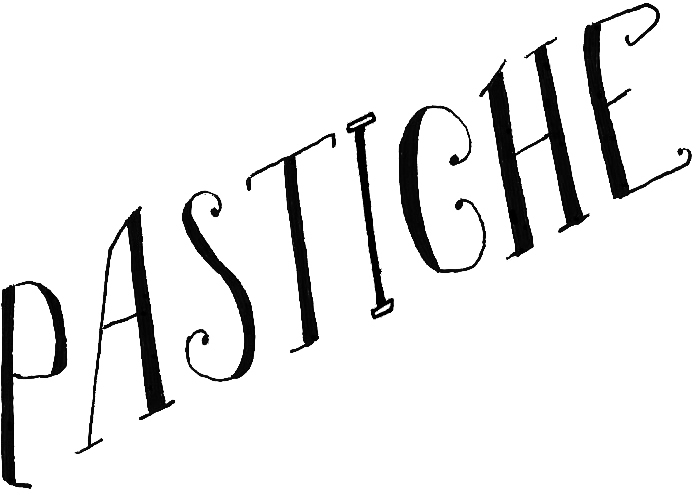Comparing yourself to your friends
Getting reacquainted with friends you haven’t seen in a long time is a wonderful thing. It’s reinvigorating to learn what each other has been up to and get filled in on where everyone’s “at.” However, it can also be a real-life rendition of The Internets, in which you find yourself getting inside your own head, making comparisons and judgments, and having self doubts. This happened to me recently, and upon getting home, I made myself (and my stand-in therapist) analyze why I was left feeling angsty, and how to better handle it. Three hours later (it was no joke), here’s what I took away:
It’s okay to be unsure. You don’t have to act completely confident in a certain decision, path, or trajectory for it to be respected or understood. It’s okay to be having mixed feelings; it’s okay to feel unsure. It’s natural to feel that way, and honest to admit you're feeling that way.
No one else is really, really sure, either. And yet it’s so easy to fall victim to that feeling of everyone else has it figured out, and I don’t know anything. First of all, anyone who is making you think they have it all figured out may be unaware what impact their confidence is having on you, or possibly, they may be in an even worse spot than you and are attempting to overcompensate. So try not to read into it, give people a break, and take comfort in those whose sentiments feel most genuine to you.
In a group setting, there is a tendency to not want to be the outlier, to not want to be the person drawing the line in the sand and being the only one on a certain side of it. That’s why people will conform. I learned that I am quicker to make myself relatable than to say what I’m truly feeling, and it oftentimes leaves me feeling far away from myself. Therefore, depending on what sort of people I’m around, whether they’re older or younger friends, career-oriented people or more family-oriented moms and dads, older or newer friends, men or women, it feels easier to mold my true thoughts a bit to fit in with the mean, and it later causes a lot of angst in me over my lack of pride or conviction. I think it's healthy to learn how to strike a balance that feels right to you: being true to yourself, while still feeling relatable to others.
That being said, you don’t have to, nor should you expect yourself to, tell your inner-most thoughts to just anyone. If you have a person or a few people you can be your true, honest self with, then you’re doing OK. If you’re not an open-book person by nature, don’t beat yourself up over it. Practice openness with those you’re most comfortable with, and that’s a good place to start. It's with those people that comparison won't have the power to rear its ugly head.
Having even the slightest amount of confidence, or excitement, or gut-instinct about your own path is all that you should and can aim for. You will never please everyone, your path will never match everyone’s, your values will never align with everyone’s. What good friends care about most is that you’re happy (or at least not unhappy), and they want to support you, but it is still helpful to be prepared for any kind of reaction on the other side of the table so that it doesn't knock you down.
That being said, a gut check is healthy. Use the angst or pressure you feel from your friends to check yourself, but not abuse yourself. Use the pressure for a gut check, but nothing more. The pressure shouldn’t make you feel like you need to know every answer to every question (see #1), and it shouldn’t make you want to have or live someone else’s life. A gut check is a personal thing that relies on your own heart and your own conscience, and no one else.
If you walk away feeling a sense of self doubt, practice some self love. Talk to someone you can be completely honest and vulnerable with. Talk to someone who knows you and gets you, without pretense. Give yourself credit where credit is due. And give others credit, too. Remember that everyone is fighting battles, everyone has bad days, everyone feels insecure. No one’s job, family, relationship, past is perfect. No one’s. Talk to someone who understands this, and is willing to admit their own doubts and imperfections, and overall human-ness. There is nothing more invigorating, more comforting, and more grounding than confiding in someone who gets it, too, and isn't afraid to be raw and candid about it.
PS: Dinner with friends and a round-table discussion and Growing in(to) your twenties
